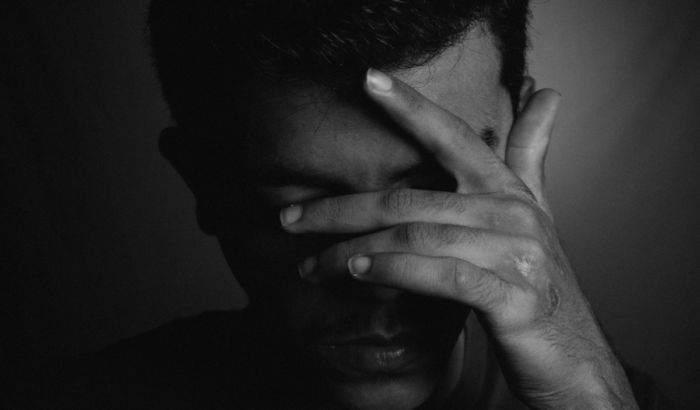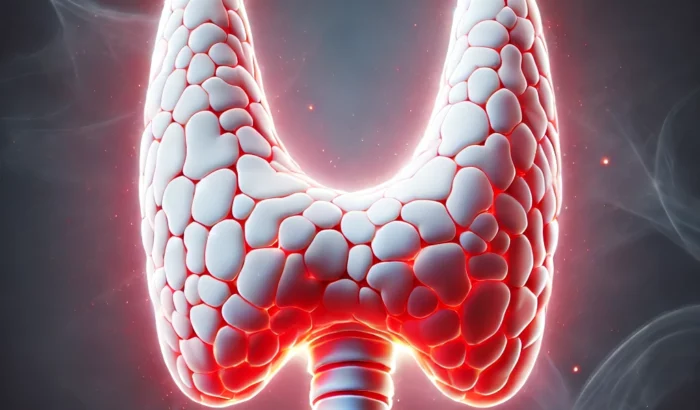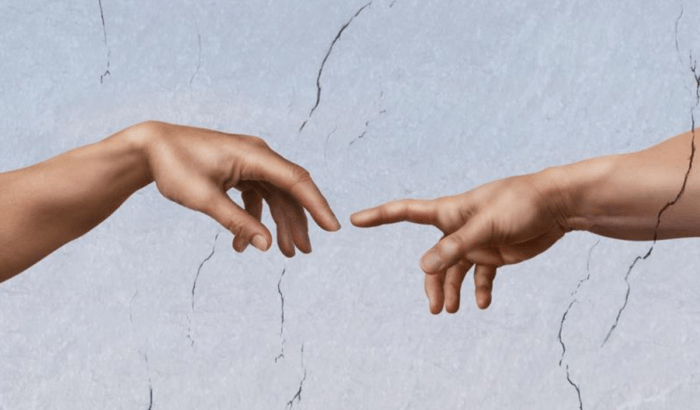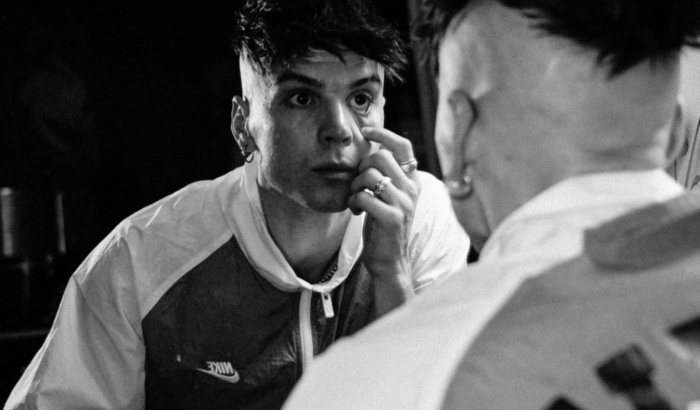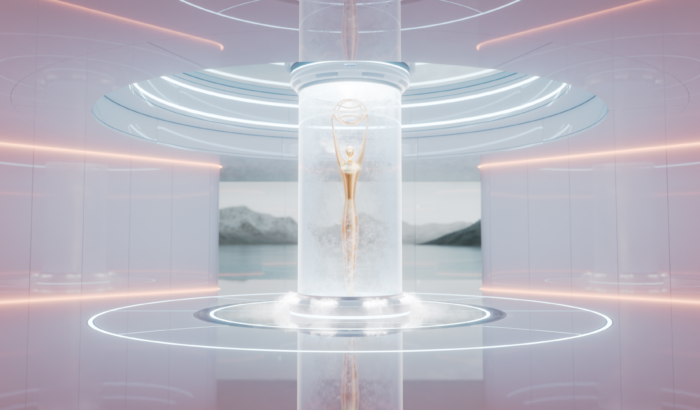All or nothing: When social media wellness goes too far
Is waking up at the crack of dawn really the key to a successful life? Is health found in Pilates, a carb-free diet and chlorophyll water? Should you clean your house, write a gratitude journal, complete a 10-step skincare routine, walk, eat sugar-free granola and take an ice bath before your 9-5?
TikTok wellness influencers seem to suggest so, and they’re making their mark. With over 150 million views on #5to9, the platform is filled with videos of people who appear to ‘do it all’ before the day has even begun1.
As I lay in bed one night scrolling these videos, I felt compelled to make changes. Feeling like I wasn’t doing enough in my 24-hours, I started researching vitamins, and set an earlier alarm for the morning. However, as the evening went on, the algorithm continued to serve me an endless stream of influencers sharing their perfect morning routines and countless wellness tips. After watching these videos until 2am, I felt entirely overwhelmed by everything I supposedly needed for a healthy life.
Bed Rotters VS Five to Niners
In the world of TikTok, there is a showdown between wellness gurus and anti-influencers. It’s like a classic western movie, except instead of cowboys reaching for their pistols, wellness warriors are squaring up to anti-influencers. It’s a battle for the ages, fought with hashtags and viral videos. Will the snooze-button advocates or the early risers triumph?
‘Bed Rotters’ is a recent buzzword coined by GenZ-ers – representing life in the comfort zone. With 27 million hashtags on TikTok and growing, these anti-influencers prioritise relaxation and watching Netflix or online shopping, above the pressures of meal prep or exercise. While it’s easy for some to dismiss their approach as lazy, it’s important to remember that self-care means different things to different people.
According to psychology professor Bernet Elzinger, the Bed Rotters have a point. When you do nothing, you connect to important mind wandering and reflection.3 Doing nothing for a while can make us more productive, giving us time for creative thinking and allowing our brains to refresh.
However, it’s also important that we get a break from the screens during rest time. Although social media is tempting, it can keep us ‘always on’.
Research has shown that the most restful activities are those that provide an escape from our worries and quiet space away from others4. These activities allow our mind to recharge and help boost our memory, mental health, and cognitive function. By actively engaging in restful activities, we give our brain the chance to process and consolidate information, which is essential for overall well-being.
Ignore the algorithm
Did you know that humans tend to spend a lot of their time thinking about what’s not happening around them5? Unlike animals, we have a unique talent to concentrate half our time on the past and the future.
This cognitive tendency is associated with a part of our brains known as the default mode network (DMN). When our brain is not actively engaged in any tasks, the DMN is activated, leading us to think about ourselves, others, and the world around us.
When we spend too much time watching videos of other people, our tendency to compare ourselves with others becomes even stronger. By being mindful of our DMN and the negative impact of social media on our mental health, we can take steps to limit our usage and practice more self-care.
Social media is a double-edged sword when it comes to wellness. On one hand, many are touting extreme diets and workout regimes that are unsustainable unless it’s your actual job. On the other side, just as many are suggesting the idea of self-care is a level of rest and stillness that is also unsustainable.
It can be tough to find a healthy balance when algorithms fuel these extremes. But we need to remember that these platforms are designed to create a sense of belonging,6 the feeling of community keeps us coming back. And TikTok’s short video format – without the time for nuance –adds to these black and white depictions.
No one should have to subscribe to a polarised lifestyle. Eating a packet of crisps after breakfast isn’t going to ruin your routine, and waking up an hour earlier is unlikely to change your life.
Be your own algorithm.
Bibliography:
https://ads.tiktok.com/business/creativecenter/hashtag/5to9/pad/en?countryCode=US&period=7
https://ads.tiktok.com/business/creativecenter/hashtag/bedrotting/pad/en?countryCode=GB&period=7
https://www.bbc.com/travel/article/20230522-the-dutch-solution-to-busyness-that-captivated-the-world
https://news.harvard.edu/gazette/story/2010/11/wandering-mind-not-a-happy-mind/
https://www.npr.org/2022/09/09/1121295499/facebook-twitter-youtube-instagram-tiktok-social-media

